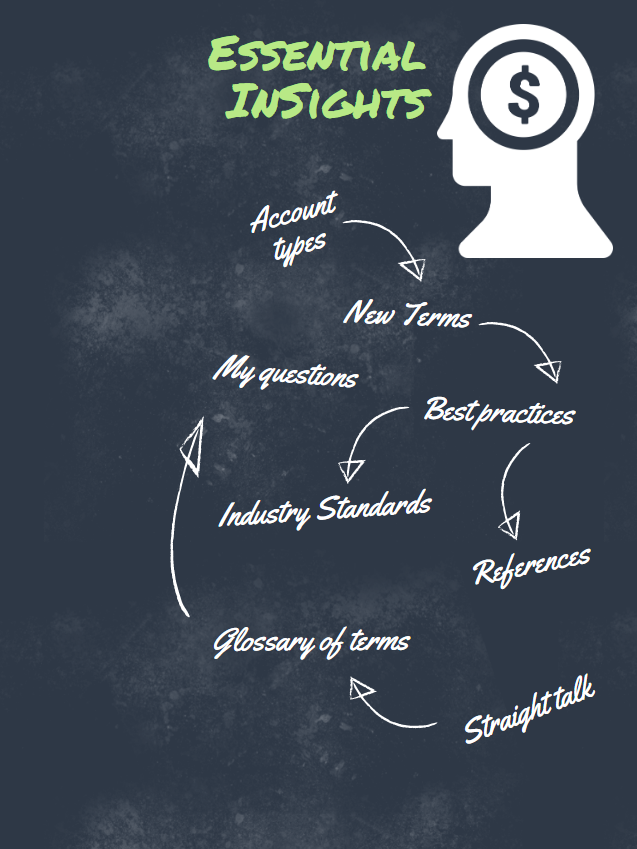Illusion of Control is the deeply held belief that we can control the otherwise uncontrollable. It is the same behavior that a person shooting dice might exhibit. They will throw it harder, blow on the dice, hand them to a “luckier” proxy, or will them to have a certain result. Regardless of the behaviors of the dice throwers, the results are largely the same. This feeling of control over the randomness of dice is the same investors who feel their ownership can affect an outcome. Let’s define an important distinction here. While the chance of a return or loss can be mitigated through research and due diligence, the belief that you are somehow the catalyst for a result is the bias your mind fabricates.
Investing is a probabilistic exercise. The variable inputs of mathematical, factual, and economic factors likely improve the conditions for a desired outcome. But they are not deterministic. The Illusion of control can trick you into believing that investing is deterministic, and that some level of expertise can divine the outcome.
The illusion of control causes investors to become overconfident in their decision making process, or to underweight the severity of risk mismeasurement. By entrenching the investor in the belief that somehow their actions may have a wider effect on the market. The illusion of control is likely most prominent when someone “goes to cash” or starts market timing. While some investors have seen a benefit from timing the market, the belief that investors have some success over such behavior is widely disproven. The belief that the impulse to exit the market was proper and prudent, and that behavior may have an effect on the broader market is the same as the biased gambler who believes they can influence the outcome of a dice roll.

